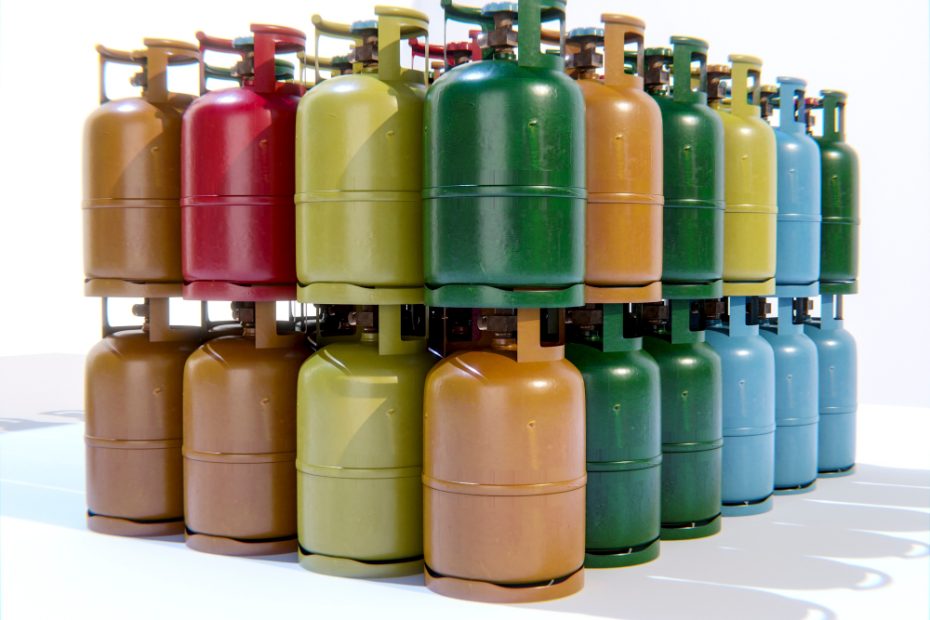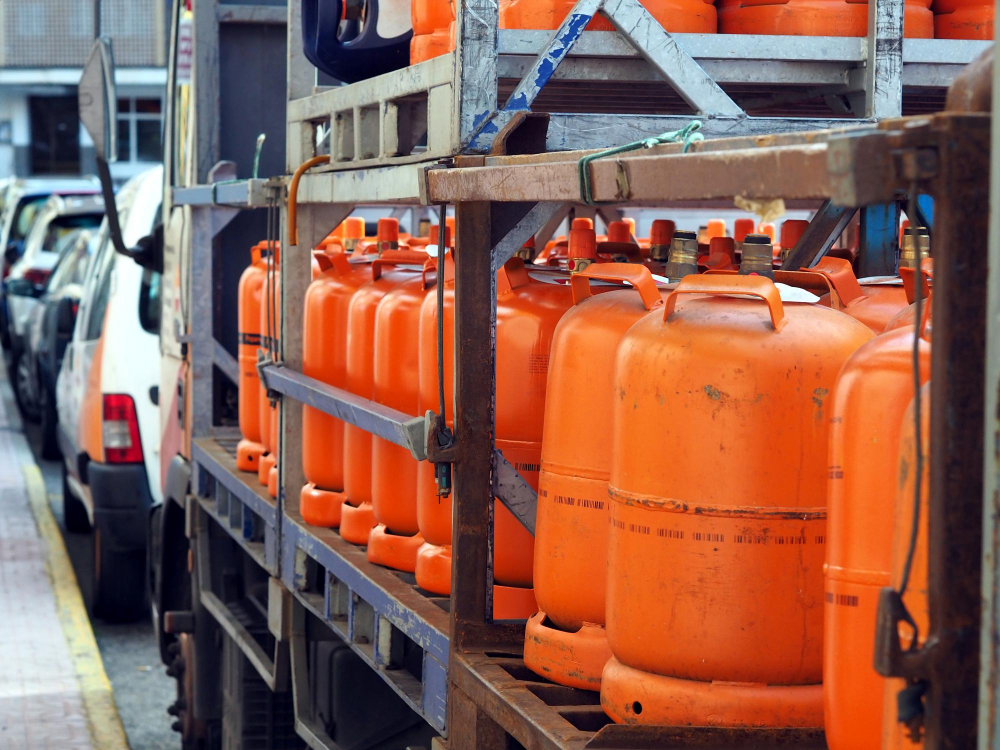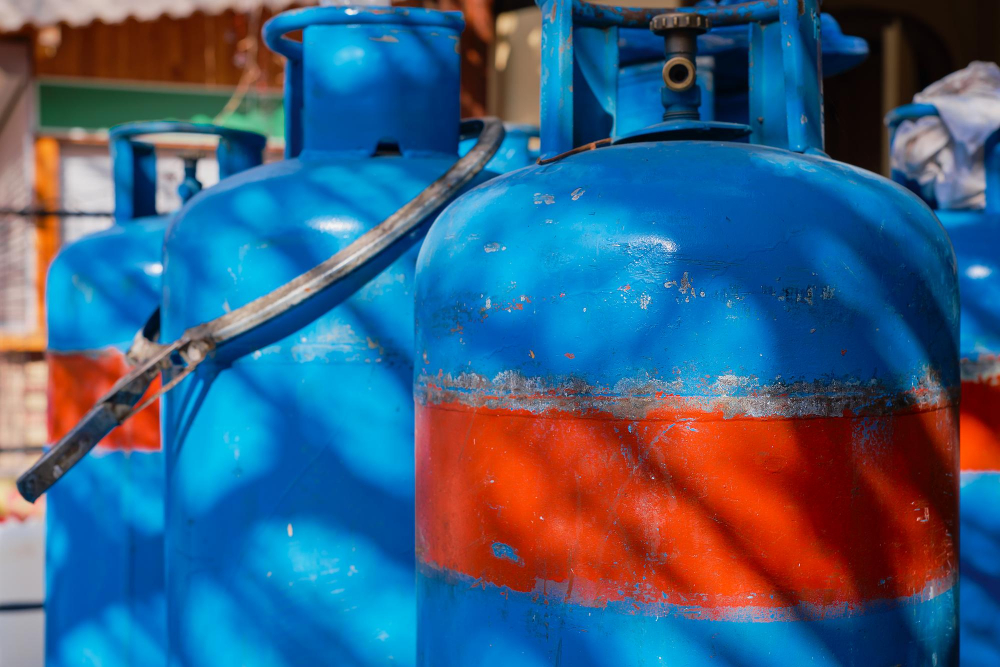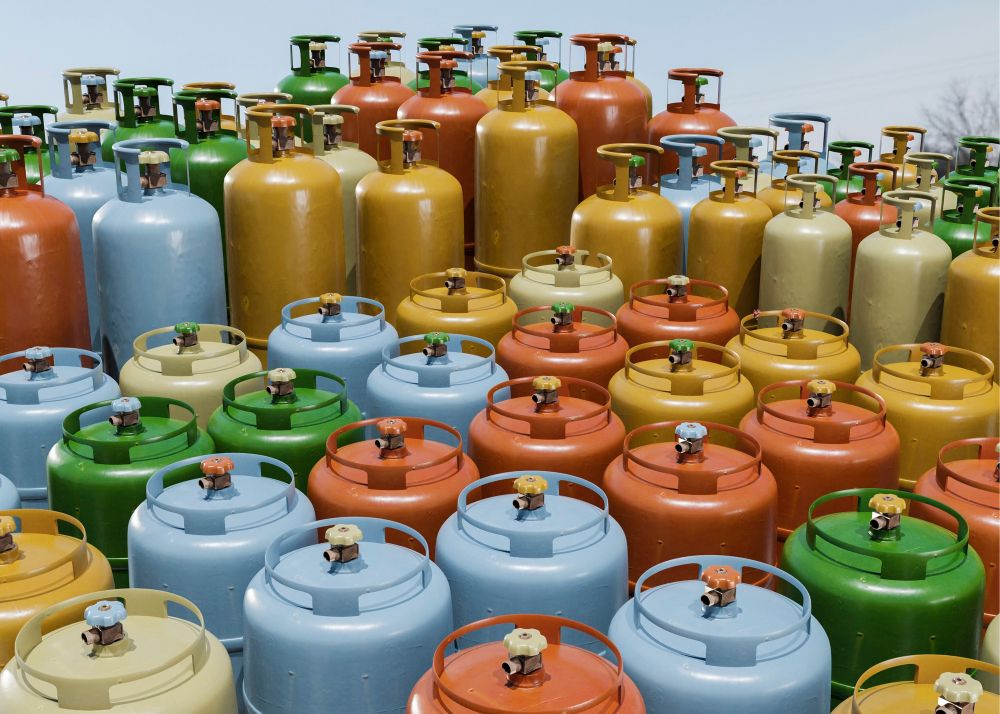Can I swap butane bottle for propane?
When it comes to replacing your gas bottles, you may be wondering if it’s possible to swap a butane bottle for propane. While both types of gas are commonly used for outdoor cooking and heating purposes, there are some key differences between them that you need to know about.
Understanding the Differences Between Butane and Propane
Butane and propane are both liquified petroleum gases (LPG) commonly used as fuel sources for portable stoves, barbecues, and patio heaters. However, they have different properties and are not always interchangeable.
Butane has a boiling point of around -0.5°C (31°F) and is therefore more suitable for warmer climates. Propane, on the other hand, has a boiling point of -42°C (-44°F) and can be used in a wider range of temperatures, making it a better choice for colder regions.
In the UK, butane and propane are readily available, and both have their advantages depending on your specific needs. But before swapping your butane bottle for propane, it’s important to consider a few factors.
Compatibility and Safety Considerations
While it may seem tempting to simply switch one type of gas for another, it’s crucial to check the compatibility of your equipment. Some devices are designed to work specifically with butane or propane, and using the wrong gas can pose safety risks.
Check the manufacturer’s guidelines or consult the user manual to ensure that your appliance is compatible with both butane and propane. If the equipment is designed for one gas type only, it’s best to follow the manufacturer’s recommendations for optimal performance and safety.
Swapping Butane for Propane: Practical Considerations
If your equipment is compatible with both butane and propane, you may be wondering about the practical aspects of swapping the gas bottles.
In the UK, gas bottles are typically sold on a refill or exchange basis. Many suppliers offer a bottle exchange service, allowing you to swap your empty bottle for a full one. However, it’s important to note that some suppliers may not offer exchanges between butane and propane bottles.
It’s best to contact your gas supplier or check their website to see if they allow swapping between butane and propane bottles. Alternatively, you can consider purchasing a new bottle specifically intended for the gas type you wish to use.
Choosing the Right Gas for Your Needs
Now that you understand the differences between butane and propane and the considerations involved in swapping gas bottles, how do you decide which is the right choice for you?
Consider the following:
- Your location: If you live in an area with colder temperatures, propane may be more suitable as it performs better in low temperatures.
- Intended use: If you primarily use your gas appliance during the summer months for barbecues and outdoor cooking, butane may suffice. But if you plan to use it for heating purposes or year-round, propane is a better option.
- Availability: Check the availability and pricing of both butane and propane gas bottles in your area to make an informed decision.
By considering these factors, you can choose the gas type that best meets your specific needs and ensures optimal performance and safety for your equipment.
Why is butane cheaper than propane?
When it comes to choosing a fuel for camping stoves, heaters, or barbecues, you may have noticed that butane is generally cheaper than propane in the UK. This price difference can be attributed to a few factors.
1. Availability and Production
Propane is primarily sourced as a byproduct of natural gas processing and petroleum refining. In the UK, the production and availability of propane are relatively limited compared to other countries. On the other hand, butane is produced as a byproduct of oil refining and is more readily available in the UK.
2. Energy Content
Butane has a higher energy content per unit volume compared to propane. It contains more carbon atoms in its molecular structure, making it denser and more efficient when burned. Therefore, less butane is required to produce the same amount of heat as propane, resulting in a lower cost per unit.
3. Demand and Usage
The demand for butane in the UK is higher compared to propane due to its popularity in portable gas appliances. Butane canisters and cartridges are commonly used for outdoor activities such as camping and festivals. This high demand leads to economies of scale, enabling manufacturers to produce butane at a lower cost.
In conclusion, the lower price of butane compared to propane in the UK can be attributed to its availability, higher energy content, and greater demand for portable gas appliances. Whether you choose butane or propane ultimately depends on your specific needs and the type of equipment you intend to use.
Is it cheaper to use Calor gas?
When it comes to heating and cooking options, many UK households consider using Calor gas as an alternative to electric or oil. But is it really cheaper? Let’s explore the cost factors and compare.
The initial cost
Initially, using Calor gas may require a higher upfront investment compared to electric appliances. Gas boilers and cookers generally cost more to purchase and install than their electric counterparts. However, the operating costs can balance out this initial expense.
Operating costs
Calor gas is often considered more cost-effective in terms of ongoing running expenses. It is worth noting that Calor gas prices can vary, but they are generally competitive when compared to electricity and can offer potential savings depending on your usage. Using Calor gas for heating purposes, particularly in rural areas where gas grids are not available, can be more economical compared to electric heating options like storage heaters or panel heaters.
Energy efficiency
When considering the cost-effectiveness of Calor gas, it’s important to take into account the energy efficiency of the appliances being used. Gas boilers and cookers tend to be more efficient than their electric equivalents, meaning they use less fuel or energy to achieve the same results. This increased efficiency can result in lower bills in the long run.
Factors to consider
- Usage: The amount of gas you use will impact the overall cost. Consider your household’s heating and cooking needs to determine whether Calor gas is the more economical choice.
- Location: Availability and accessibility of gas grids can affect the cost comparison. In remote areas, Calor gas might be the more practical option.
- Government grants: In some cases, government incentives or grants may be available to help offset the cost of installing gas appliances, making Calor gas a more affordable choice.
Ultimately, whether it is cheaper to use Calor gas depends on your specific circumstances and requirements. It’s worth considering factors such as initial cost, operating expenses, energy efficiency, and location before making a decision.
If you are unsure about which heating or cooking method is best for you, it’s advisable to consult with a professional who can provide personalized advice based on your individual needs.
Which is Cheaper: Flogas or Calor?
When it comes to choosing a supplier for your gas needs, it’s important to consider the cost. In the UK, two popular options are Flogas and Calor. Both companies offer a range of gas products, including cylinders for home and business use. To determine which is cheaper, we’ll compare their prices, delivery options, and additional fees.
Pricing
Flogas and Calor have competitive pricing structures, but it’s essential to compare the costs of their products to find the best deal. For example, if you’re looking to purchase a 13kg patio gas cylinder, Flogas currently offers it at £34.99, while Calor prices it at £37.99. However, prices may vary depending on the region, so it’s worth checking both companies’ websites for up-to-date quotes.
Delivery Options
Both Flogas and Calor offer various delivery options to suit your needs. Flogas provides free delivery when ordering at least £50 worth of gas, whereas Calor has a minimum order value of £25 for free delivery. If you require urgent delivery, Flogas offers next-day delivery for an additional fee, while Calor has a premium delivery service called “Super Saver,” which guarantees delivery within 48 hours.
Additional Fees
When comparing prices, it’s crucial to consider any additional fees that may apply. Flogas charges a cylinder refill agreement fee of £39.99, which covers the cost of the cylinder and gives you a lifetime ownership guarantee. On the other hand, Calor operates on a rental system, where you pay an annual rental fee for the cylinder. While this means no upfront costs, it may be more expensive in the long run.
Ultimately, the choice between Flogas and Calor depends on your individual needs and priorities.
If you value a low upfront cost and plan to use gas frequently, Flogas might be more affordable due to its one-off refill agreement fee. However, if you prefer the convenience of a rental system and don’t anticipate using gas regularly, Calor might be a better option.
Before making a decision, it’s advisable to compare prices, delivery options, and additional fees for the specific gas products you require. This way, you can ensure you’re getting the best value for your money.



